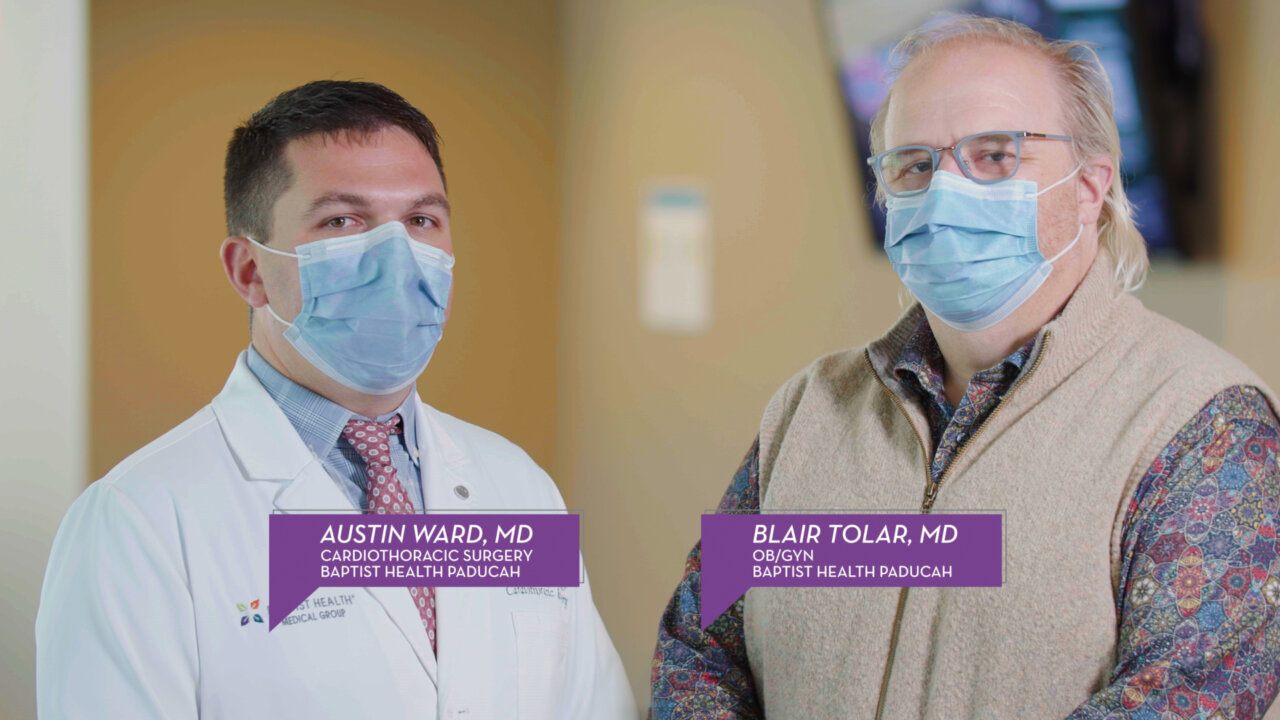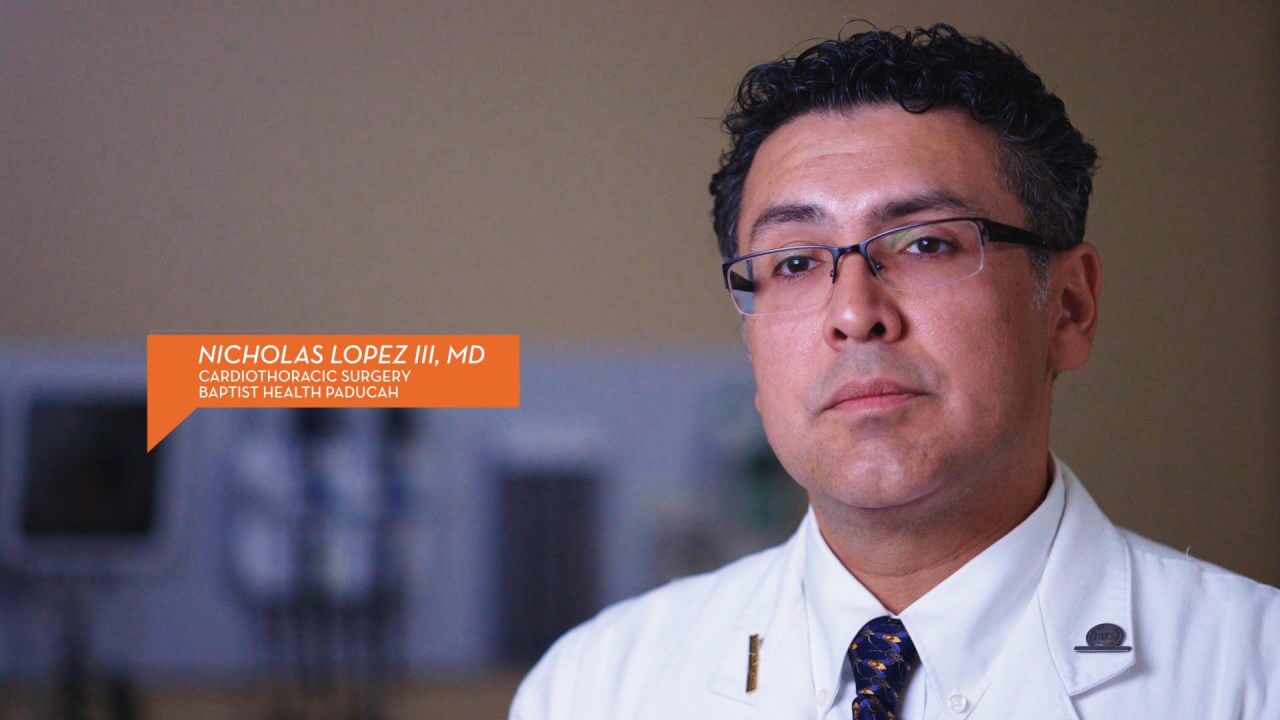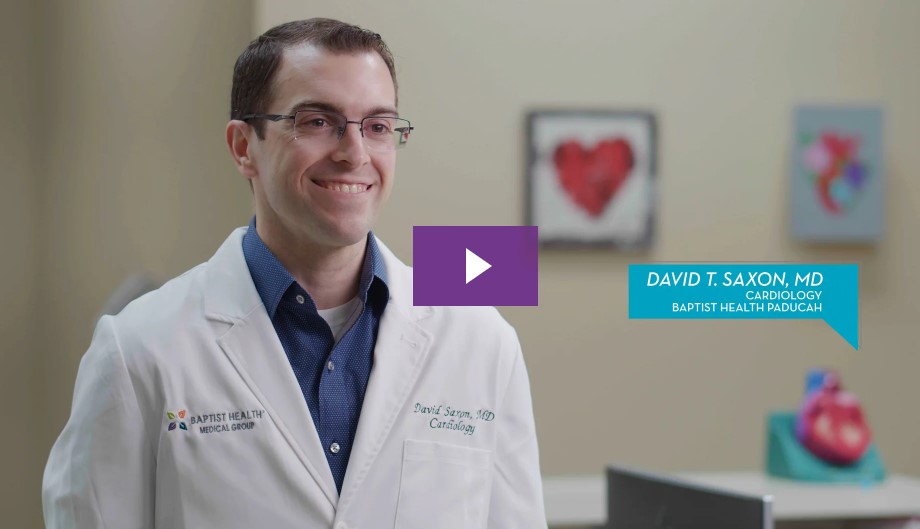There’s a Strong Link between Depression and Heart Disease

Clinically reviewed by: Dr. Michael Faulkner
Everyone’s heart is unique. And as a physician, I can tell you that the more you know about your one-of-a-kind heart, the better you can take care of it. While nothing can replace talking with your own healthcare provider, here is some information that can help you become heart smart.
There’s a Strong Link between Depression and Heart Disease
Depression can affect a lot more than your mood. In fact, it’s now seen as a major risk factor for heart disease and one that can actually affect your heart physiologically. What’s more, the link between depression and heart health isn’t a one-way street. Your heart health can play a role in developing depression as well.
Depression raises the risk of heart disease
There are many ways depression affects your heart. When you’re depressed, it can lead you to develop poor health habits such as choosing a poor diet, smoking, or not exercising. It can make you feel too tired or listless to keep medical appointments or take prescription medications as you should. Depression and stress over a long period of time can also lead to a faster heart rate and higher blood pressure. It may even raise your body’s level of cortisol, the “fight-or-flight” hormone. When this hormone level remains elevated, it can disrupt bodily processes and affect your heart. Overall, adults who have depression are at a 64% greater risk of developing coronary artery disease than those without symptoms of depression.
Heart conditions raise the risk of depression
When someone is diagnosed with a heart condition or has experienced a cardiac event such as a heart attack, it can be devastating. They may become fearful, worried, or sad. Dealing with it can require lifestyle changes and more hospital and doctor visits. These changes can sometimes feel overwhelming and may lead to depression. As many as 25% of patients with heart disease suffer from depression.
Stay on top of your mental and physical health
Regular visits to your primary care provider plus good preventive care can help keep heart disease from developing or progressing. And being aware of the symptoms of depression can help you recognize it so you can seek treatment. Here are some symptoms to watch for in yourself or a loved one:
- Persistent sad, anxious, or “empty” mood
- Feelings of hopelessness, or pessimism
- Feelings of irritability, frustration, or restlessness
- Feelings of guilt, worthlessness, or helplessness
- Loss of interest or pleasure in hobbies and activities
- Decreased energy, fatigue, or feeling "slowed down"
- Difficulty concentrating, remembering, or making decisions
- Difficulty sleeping, early morning awakening, or oversleeping
- Changes in appetite or unplanned weight changes
- Thoughts of death or suicide, or suicide attempts
- Aches or pains, headaches, cramps, or digestive problems without a clear physical cause that do not ease even with treatment
- Suicide attempts or thoughts of death or suicide
If you or someone you love is suffering from depression, please get help. You can talk with your primary care provider about your unique heart and mental health needs. If you don’t have a primary care provider, Baptist Health can help you find one who’s dedicated to bringing you care that’s centered on you.



